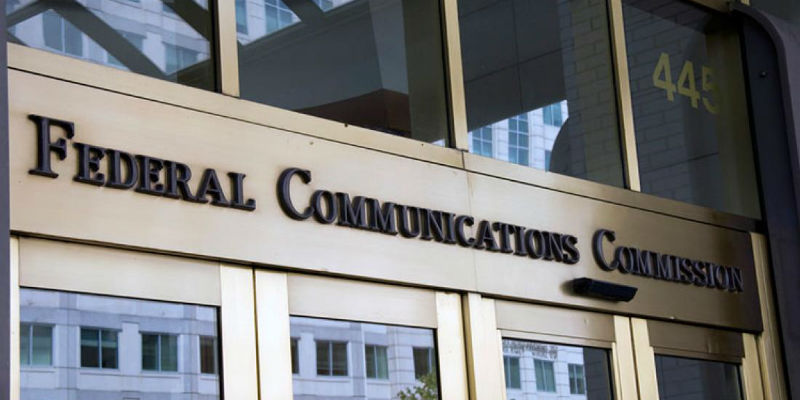The FCC’s Wireline Competition Bureau has released an order granting a petition for waiver filed by Wyoming-based Tri-County Telephone Association, Inc. (TCT) in which the rural ILEC sought relief “of the requirement adopted in the 1980s’ Cost Separation proceeding that investments, once allocated to nonregulated use, may not be reallocated to regulated use.” By granting this relief, TCT returns its non-regulated loop investments to regulated costs, which will bring TCT into compliance with the Commission’s current cost-separation requirements. In 2005, the Commission adopted its Wireline Broadband Order which “allowed rate-of-return ILECs to continue offering the transmission of underlying wireline broadband Internet access services on a common-carrier basis, subject to permissive detariffing.” However, in 2016, the FCC released its pivotal Rate-of-Return Reform Order which, among other things, “revised certain cost allocation and tariffing rules for carriers to introduce supported Consumer Broadband-only Loop services.” TCT’s petition alleges that in 2001 the carrier, after obtaining NECA approval to allocate certain DSL-related loop investments used to provide non-regulated broadband Internet access services to non-regulated accounts, mistakenly also moved “the transmission component of these retail broadband services to the non-regulated accounts” when it began offering DSL transmission on a non-regulated, private carriage basis. Eventually, TCT began offering DSL transmission on a regulated, detariffed basis and began paying USF assessments, but its transmission components remained allocated to non-regulated accounts. TCT argued that in order to be compliant with the Wireline Broadband Order, the company needs to reallocate certain of its existing loop investments from non-regulated to regulated accounts, but because the FCC’s various joint-cost orders prohibit a carrier from making these investment reallocations, a waiver was necessary. The Commission granted TCT’s petition for waiver because, in large part, the Commission believes “it is the only carrier needing this type of relief” and also because TCT “made a convincing showing that these circumstances also satisfy the Cost Separation Rule waiver standard.”
Home Rural Spectrum Scanner FCC Grants Tri-County Telephone Waiver of Long-Standing “Cost Separation Rule”








